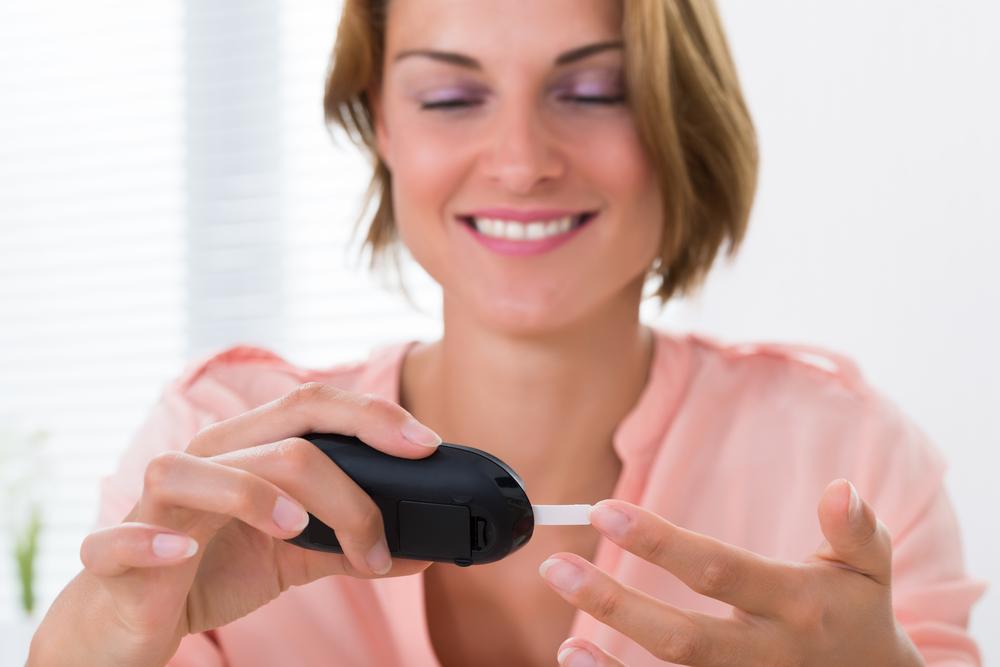5 Useful Tips To Monitor Blood Sugar Levels
5 useful tips to monitor blood sugar levels
Diabetes is caused due to high blood sugar levels. In this condition, your body’s production of insulin is affected, and your blood sugar levels are no longer in the normal range. Although there is no complete cure for diabetes, treatments are usually geared towards managing the blood sugar levels and helping the patient live a normal, healthy life. Managing diabetes involves keeping track of blood sugar levels.

This is done through an A1C test that checks blood sugar levels every two–three months. The other test is a general blood glucose test, which is a self-monitoring test. This can be done at home using glucose meters that are available in your local drugstore as well as online. Here are a few tips to effectively monitor your blood sugar levels.
- Keep your glucose meter handy: Blood sugar levels often go through sudden fluctuations. Sometimes, you may experience episodes of hypoglycemia due to low sugar levels or hyperglycemia due to high blood sugar levels. These episodes can be quite serious if you are caught unawares. This is why it is recommended to keep your glucose meter handy. Keep it in a place that is easily accessible for you. Lancets, testing strips, alcohol swabs, and any other tools required should be stored together with your glucose meter.
- Fix a schedule to test your blood sugar levels: To keep your diabetes under control, you need to have a fixed schedule for monitoring your blood sugar levels. Doctors usually recommend checking blood sugar levels before meals, after meals, before bedtime, and while fasting. Consult a doctor to help you set up a routine to test your blood sugar levels. You can set alarms in your glucose meter to remind you to check your glucose levels.
- Keep a record of your diabetes levels: When you keep a record of your blood sugar levels, it will be helpful to understand what causes sudden spikes. Use a journal or any app available in any of the app stores to record your blood sugar levels. Keep a record of the time when took the test. You can also note down the activity and food that was consumed before and after the test. This will be useful for an accurate diagnosis and help in preventing further spikes in your blood sugar levels. This can be useful in bringing your blood sugar levels to the normal range as well.
- Take care of the testing strips: To ensure you are able to monitor your blood sugar levels without any issues, you need to keep track of your testing strips. Check the expiry dates of the testing strips. If the strips are out-of-date, you will not get accurate results of your blood sugar levels. If you have high blood sugar levels, you need to ensure that the testing strips are always in a good condition. It is also necessary to store the strips properly. Do not expose them to direct sunlight or moisture. Store the strips at room temperature. You can keep them in a cooler location as well, but do not freeze them.
- Prevent any kind of infection: Using a glucose meter at home is easy and convenient. However, there can be increased risks associated as well if you do not take enough precautions. Use alcohol swabs on your fingertips before you do the test. Ensure that the bleeding has completely stopped before you resume your activities. Once you are done with the test, throw away the strip and lancet. Ensure to not share your glucose meter with another person.
Main category: health & wellness
Secondary category: fitness
Tags: Diabetes, blood sugar, blood sugar levels/chart, blood sugar normal range, high blood sugar levels/chart, diabetes levels/chart
Disclaimer:
The content provided on our blog site traverses numerous categories, offering readers valuable and practical information. Readers can use the editorial team’s research and data to gain more insights into their topics of interest. However, they are requested not to treat the articles as conclusive. The website team cannot be held responsible for differences in data or inaccuracies found across other platforms. Please also note that the site might also miss out on various schemes and offers available that the readers may find more beneficial than the ones we cover.

